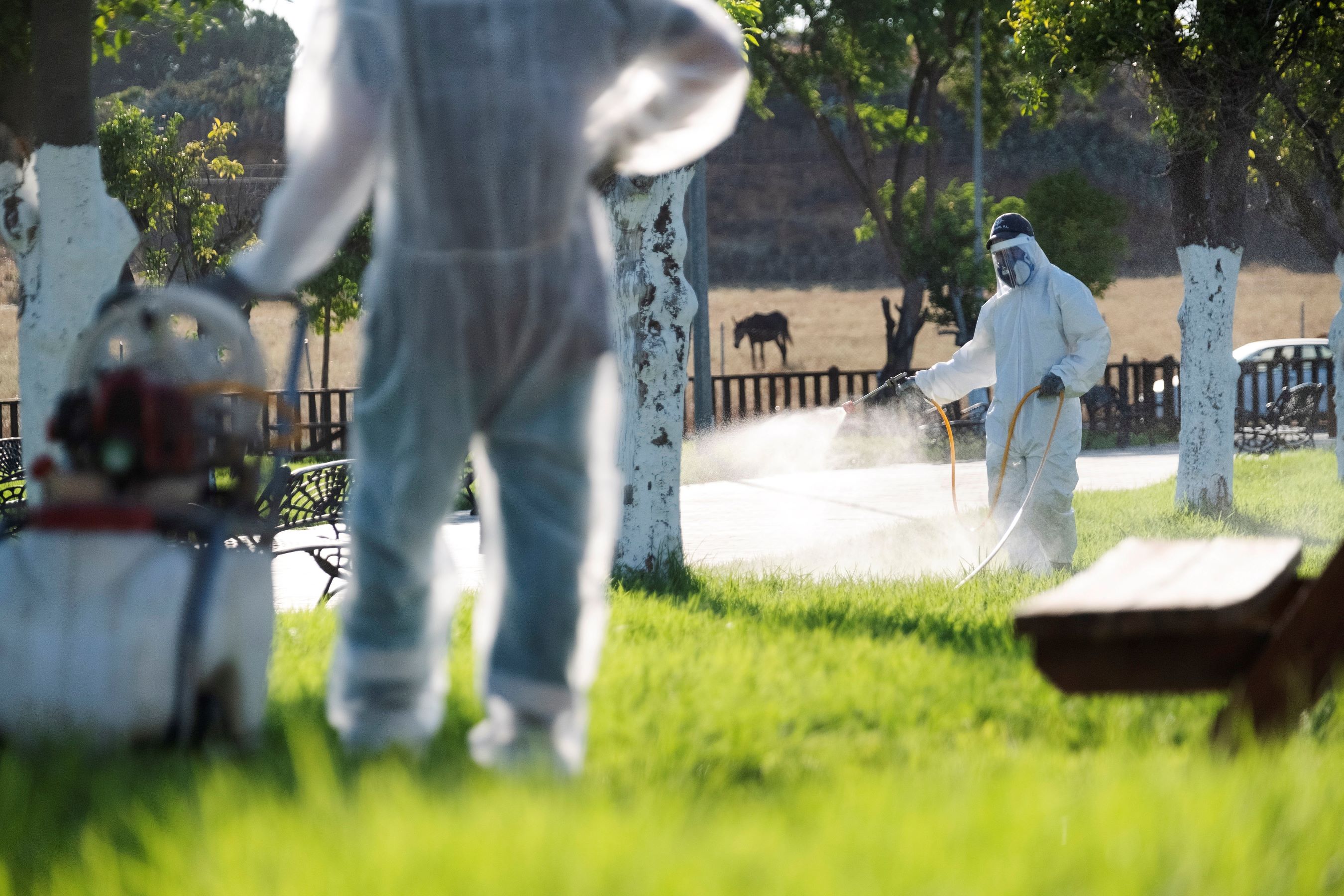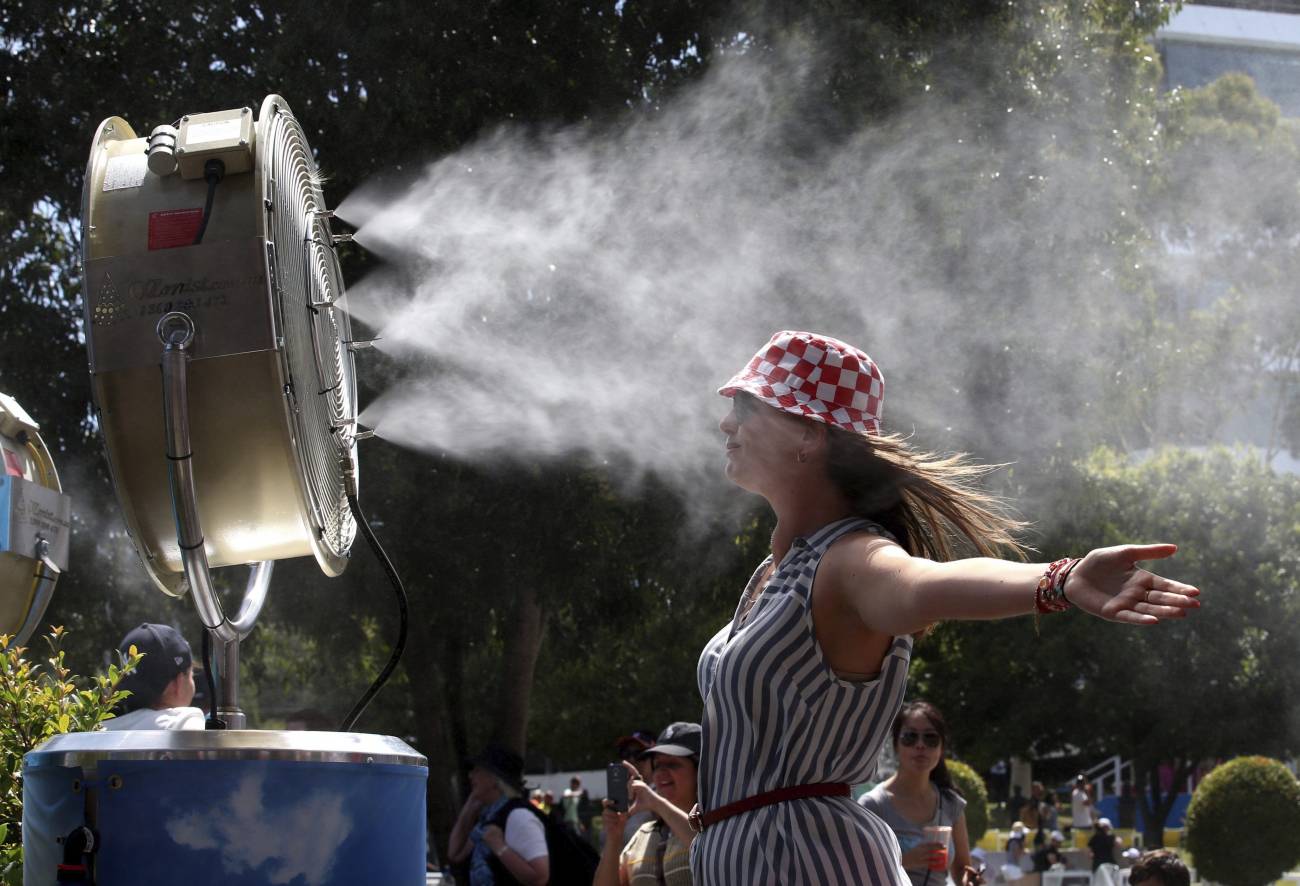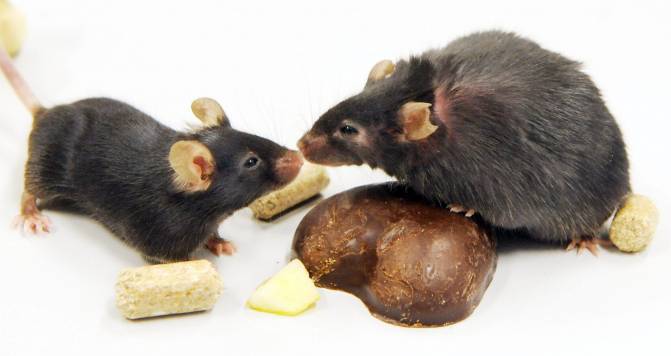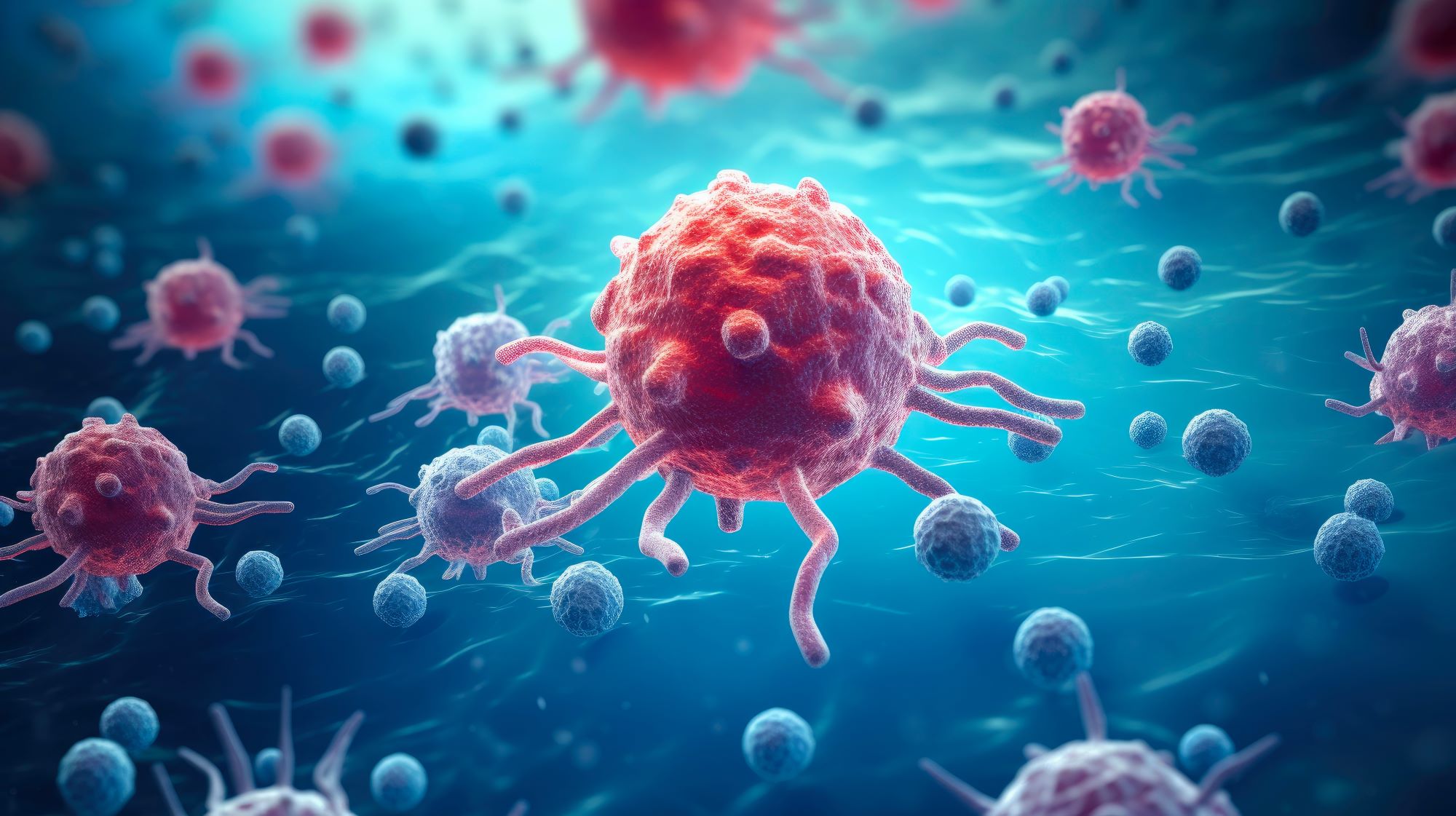Mosquito-borne diseases: an increasing risk in Spain
International health organisations are warning about the spread in Europe of mosquito species that transmit diseases such as dengue fever. In Spain, where they are already widespread across much of the country, the Centro de Coordinación de Alertas y Emergencias Sanitarias (CCAES) warns of the risk of West Nile virus, and says that the summer is expected to be complicated. In this guide, we bring together information to understand this public health issue.









